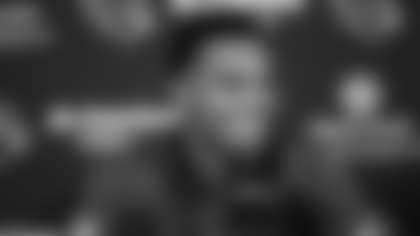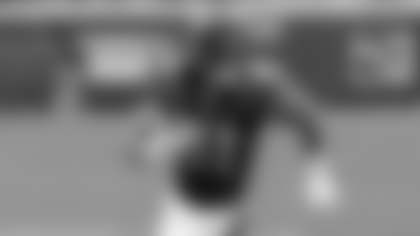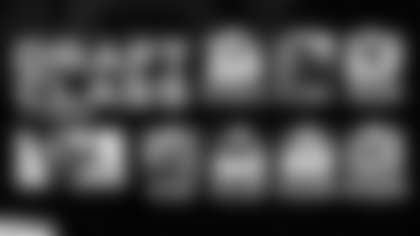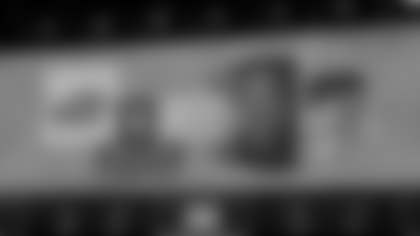Charles Kanoff is recently removed from a rigorous course load of computer science classes at Princeton, so believe him when he says football is not rocket science.
But it's not like the past few months have been a walk in the park for the Cardinals' rookie quarterback.
Kanoff had time to ease into a starting role in college, where he put up big-time numbers as a senior. Now he's on a much more condensed schedule, hoping to impress in training camp and preseason games to carve out an NFL future.
"I don't have four years to develop," Kanoff said near the end of offseason work. "I need to be ready to go in a month. … There's a lot to learn, for sure."
Kanoff and Matthew Oplinger, a linebacker from Yale, are products of the Ivy League. As undrafted rookies, they are underdogs to make it at this level, and hope natural intelligence can give them an edge.
Neither player believes a high IQ will be the difference between making the team and getting cut, but processing information quickly in the NFL is required, and their mental acuity helps.
"People think it's a physical game that's all about toughness, and it is, but there's a huge cerebral portion to it," Oplinger said.
The Cardinals have three quarterbacks ahead of Kanoff on the roster – Sam Bradford, Josh Rosen and Mike Glennon – and realistically a practice squad spot may be the best-case scenario unless someone gets injured. But Kanoff has bigger worries at this point.
His experience at rookie minicamp was an eye-opener, as multiple center-quarterback exchanges were fumbled because he'd spent his whole career playing out of the shotgun. Kanoff had also never taken a seven-step drop or called the Cardinals' plays.
"There's just so much," Kanoff said. "You're trying to know the play. You're trying to say the play. It's like, 'How many steps do I take?' Once those come together, you can play. I'm getting that a little bit more each day. The more reps I get, the better I'm getting, which is good."
Oplinger's transition hasn't been quite as bumpy, but he understands the odds are stacked against him. While Oplinger earned the Ivy League's Defensive MVP in 2017, the caliber of athlete in the conference is a far cry from the NFL.
"They're giving us a shot, but at the end of the day, they've got guys that they already think are coming in," Oplinger said. "They're just signing you for training camp right now, and everything you do after that is going to be just a bonus for them.
"So for me, I just look at it as, I'm an underdog from an Ivy League school. I'm an undrafted free agent. No one's giving me a real shot here. I thank the Cardinals for everything they do, but the only way I'm making it is if I put the work in. I'm not the only one who thinks that. All the UDFAs are in the same boat."
Book smarts and football IQ do not always weave together seamlessly, but coach Steve Wilks believes the Ivy League background of Kanoff and Oplinger is an advantage. He thinks it can help them as long as they don't rest on those laurels.
"It translates, but … you've still got to put the time and effort in," Wilks said. "The terminology is different."
Kanoff's most challenging classes at Princeton would eat up 30 hours per week, and his football responsibilities piled on top of that. Training camp will be full of long days, so the experience in college should help.
"School was hard, and the easiest way was to study," Kanoff said. "It's kind of the same thing here. If you study and put the time in, you can pick it up."
Images of the linebackers on the Cardinals' 90-man roster
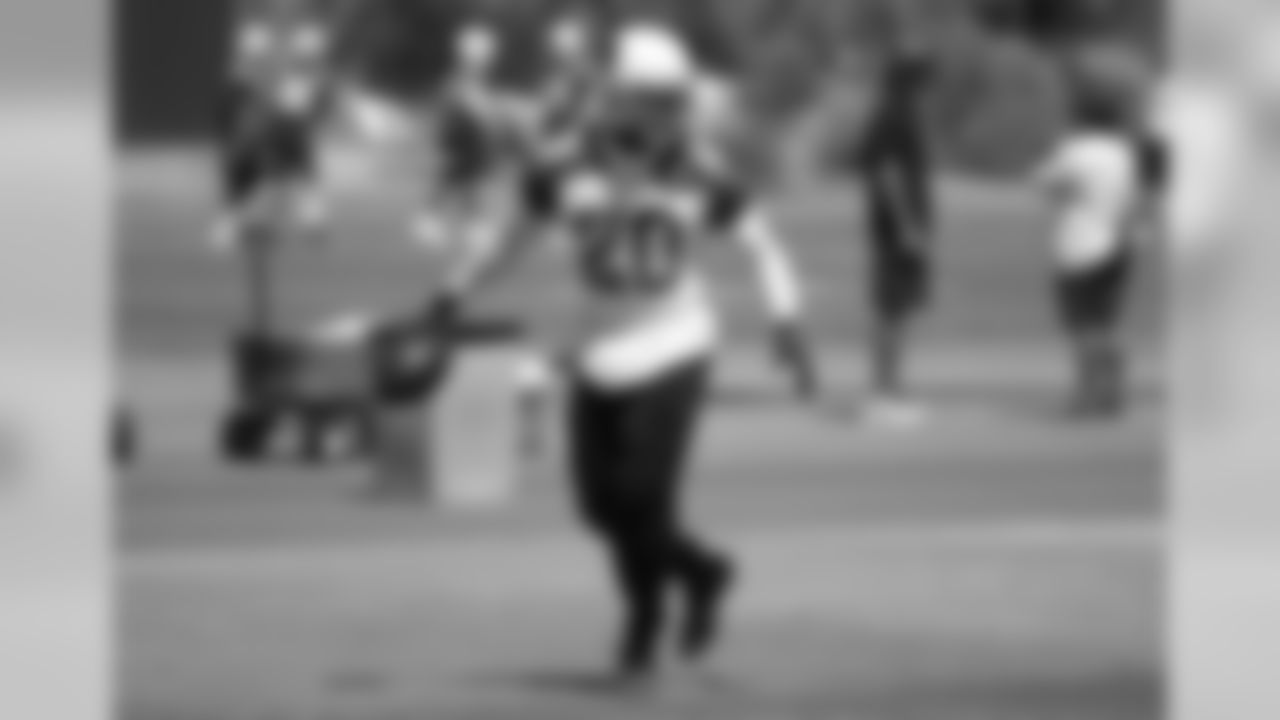
LB Deone Bucannon
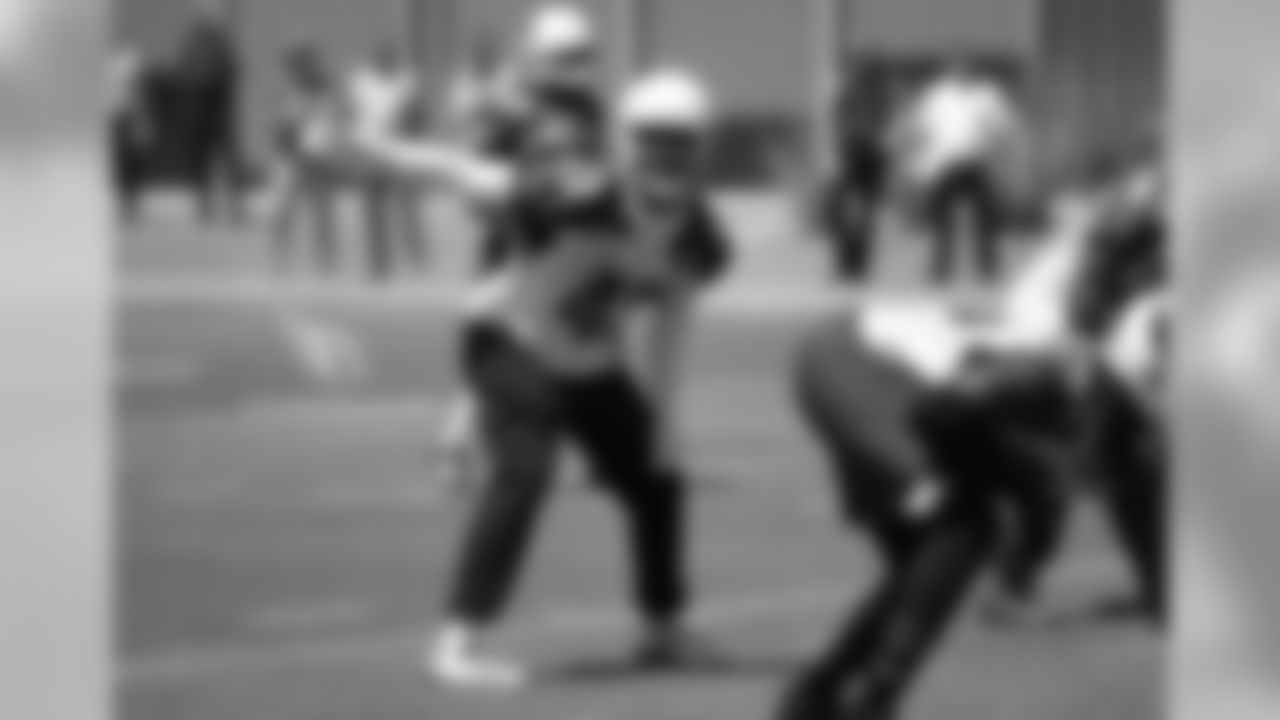
LB Haason Reddick
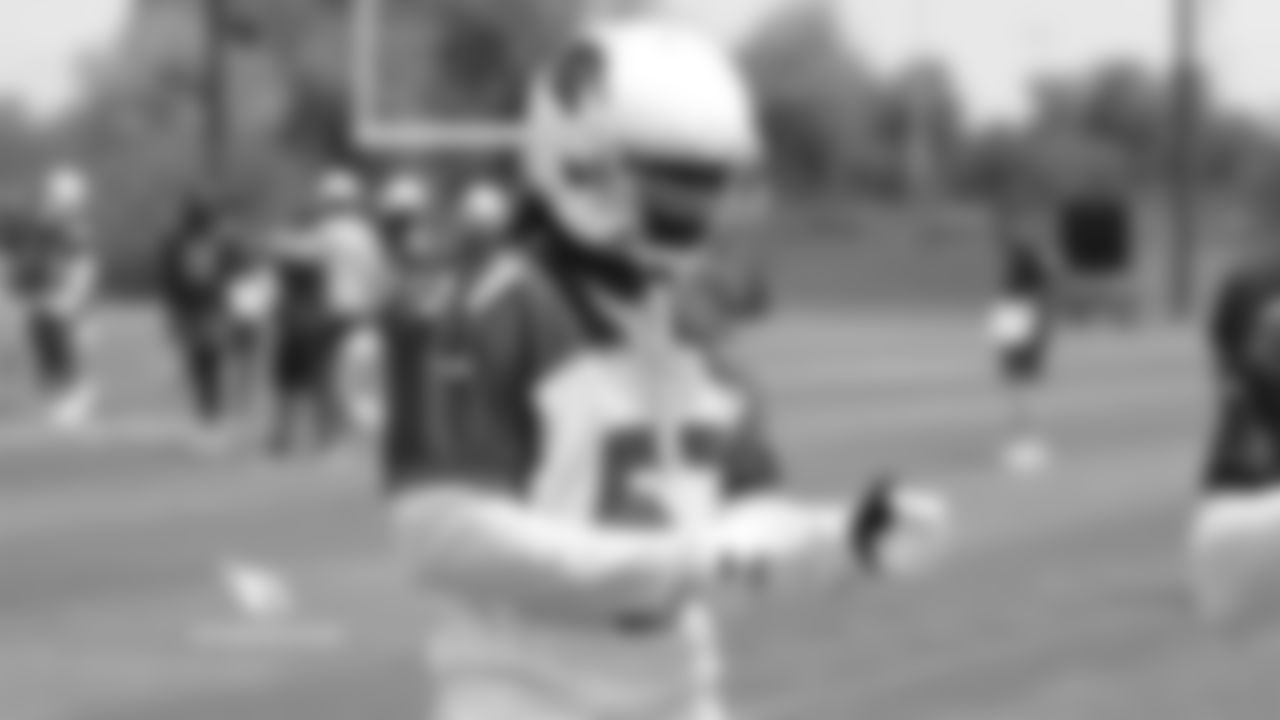
LB Josh Bynes
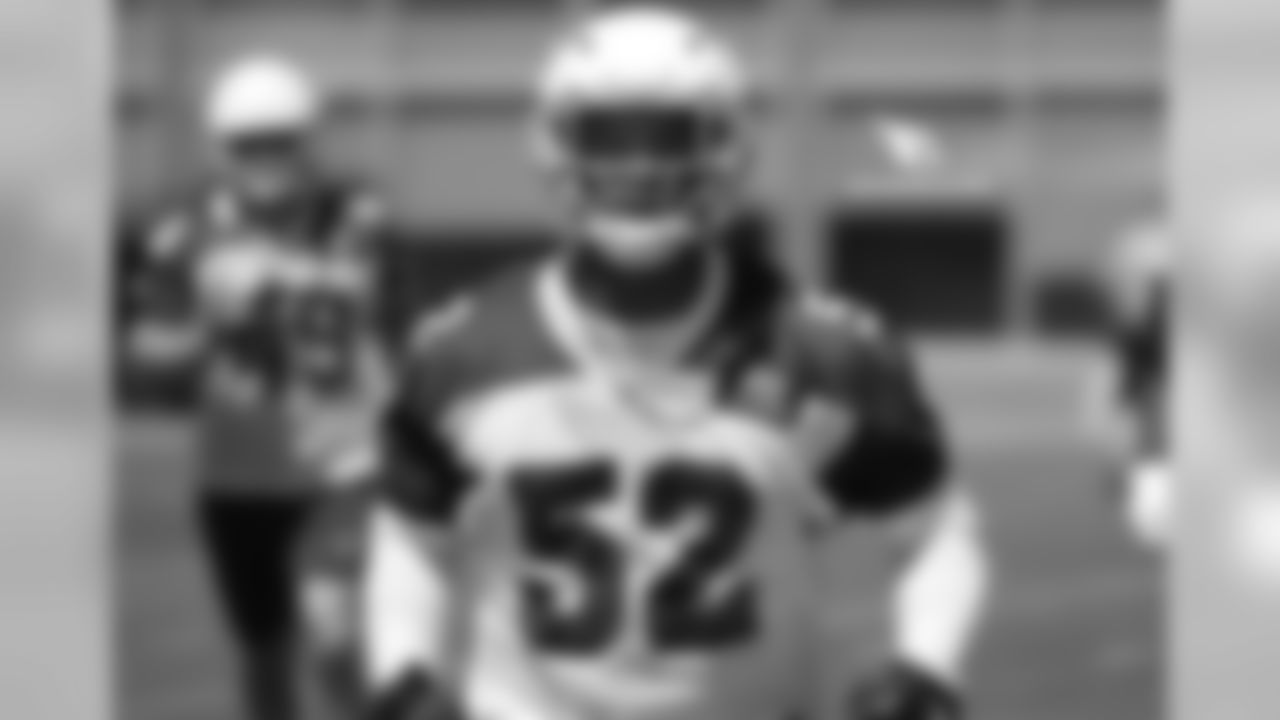
LB Jeremy Cash
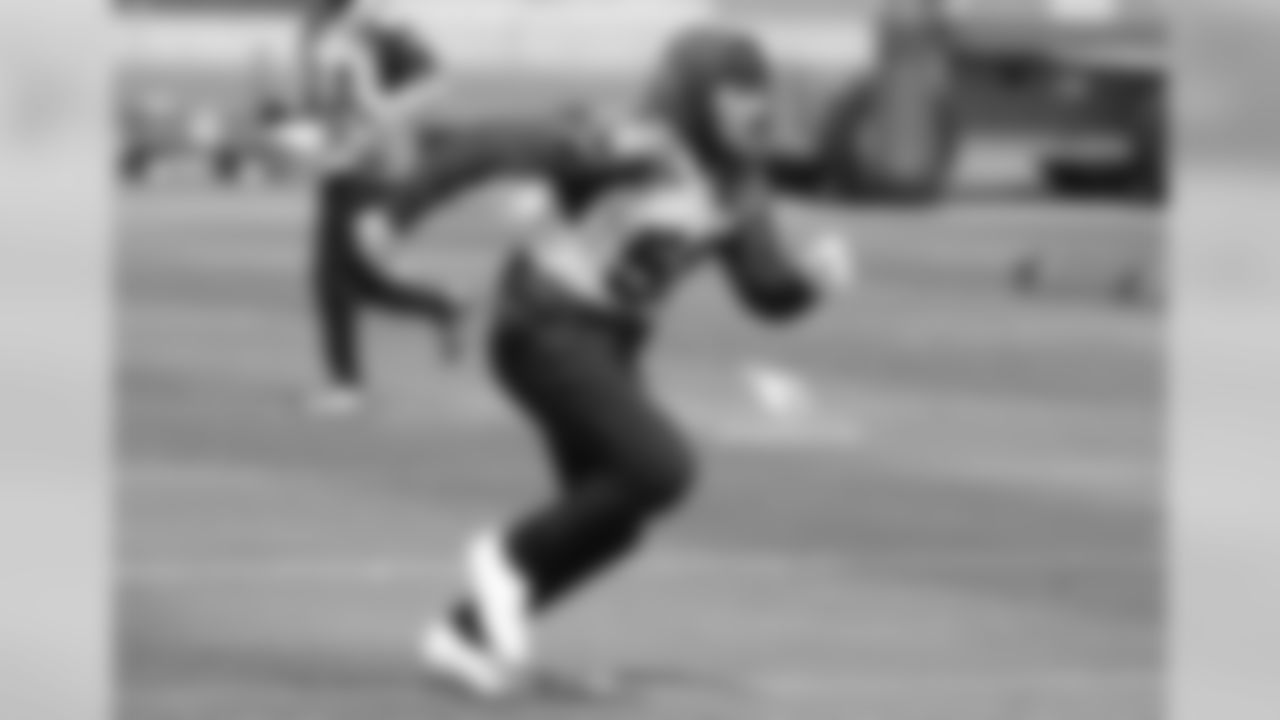
LB Scooby Wright
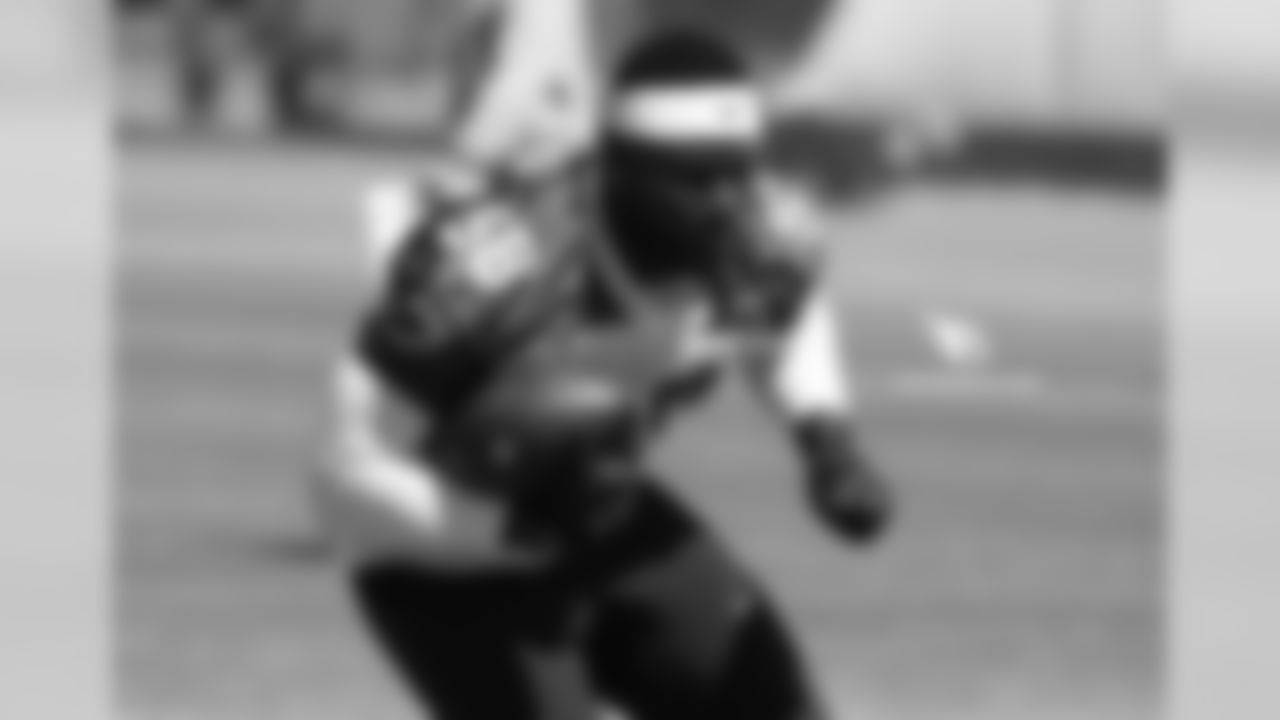
LB Edmond Robinson
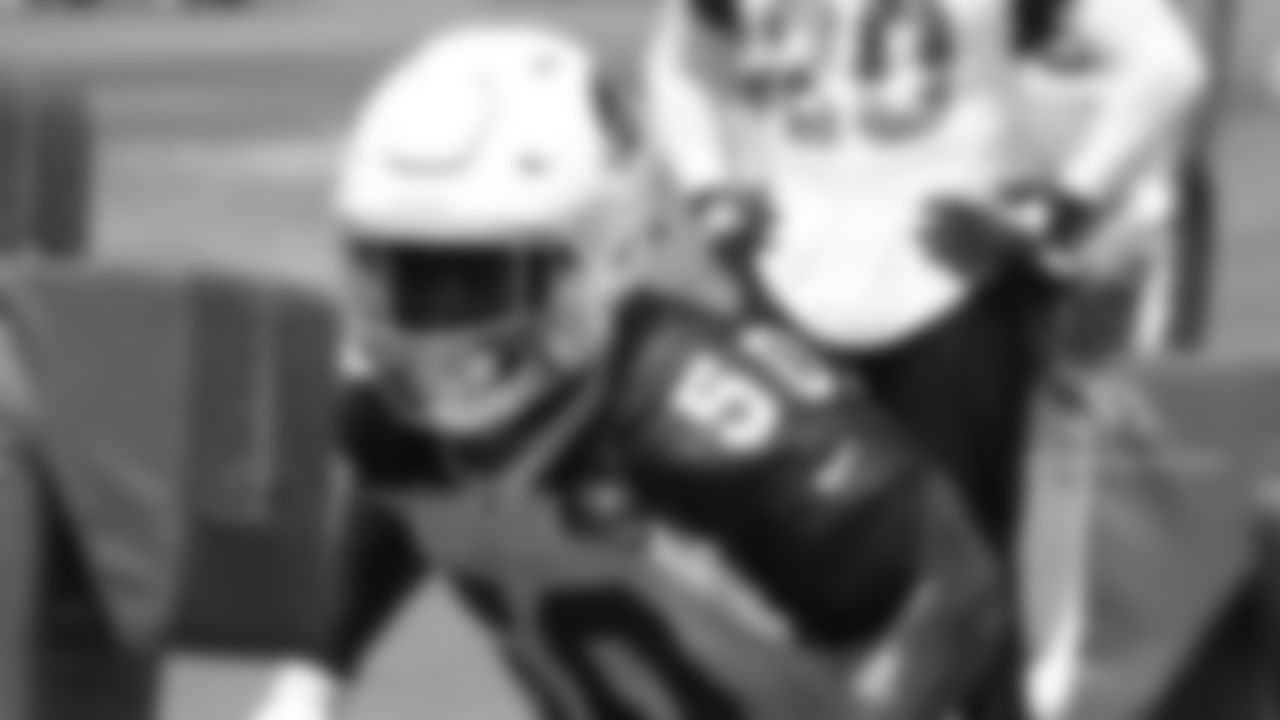
LB Airius Moore
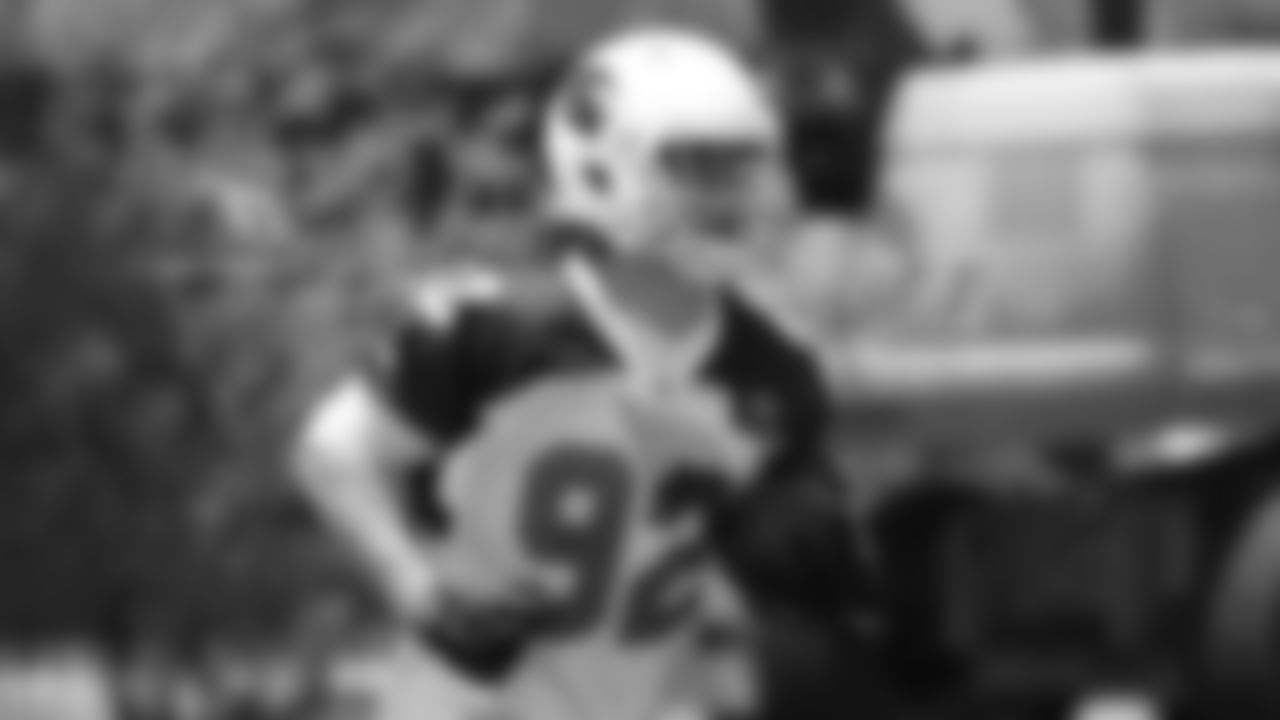
LB Dennis Gardeck
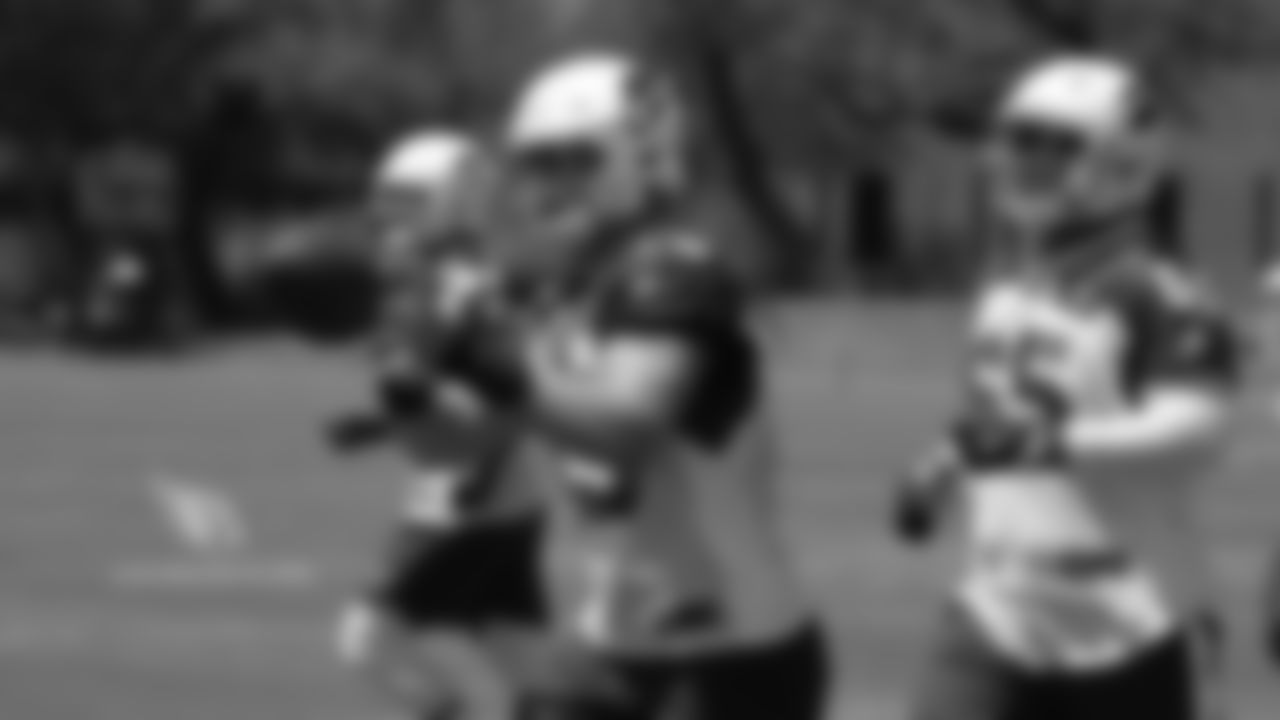
LB Matthew Oplinger




